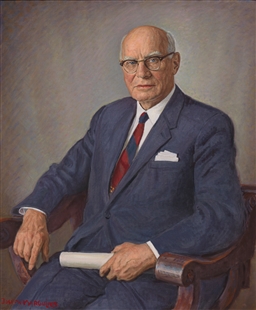A Quote by Burgess Owens
We read of the courageous march south to battle the Confederate Army by the all-black 54th Massachusetts Volunteer Infantry. Unlike their white counterparts, they understood from the beginning that they would be offered no quarter if captured alive.
Related Quotes
I think Confederate Battle Flag is a symbol that causes a great deal of division and reminds us of a really hurtful legacy and past... I think there are some Southerners, black and white, who feel as though the rest of the country looks down on the South as uneducated and backward. And for some people, that was a symbol of defiance against that.
South Africa, with US support, after the fall of the Portuguese empire, invaded Angola and Mozambique to establish their own puppet regime there. They were trying to protect Namibia, to protect apartheid, and nobody did much about it; but the Cubans sent forces, and furthermore they sent black soldiers and they defeated a white mercenary army, which not only rescued Angola but it sent a shock throughout the continent-it was a psychic shock-white mercenaries were purported to be invincible, and a black army defeated them and sent them back fleeing into South Africa.
I am one of those who believe that there is no permanent home for even a section of the Bantu in the white area of South Africa and the destiny of South Africa depends on this essential point. If the principle of permanent residence for the black man in the area of the white is accepted then it is the beginning of the end of civilisation as we know it in this country.
Everything becomes agitated. Ideas quick-march into motion like battalions of a grand army to its legendary fighting ground, and the battle rages. Memories charge in, bright flags on high; the cavalry of metaphor deploys with a magnificent gallop; the artillery of logic rushes up with clattering wagons and cartridges; on imagination's orders, sharpshooters sight and fire; forms and shapes and characters rear up; the paper is spread with ink - for the nightly labor begins and ends with torrents of this black water, as a battle opens and concludes with black powder.
South Carolina, as a matter of compromise, displays the Confederate flag on a flagpole in front of the state capitol. Because I grew up in the South and believe that the Confederate flag is a very divisive symbol, I have stated publicly a number of times that I believe that South Carolina should remove the flag from the state capitol grounds.
In contrast, Western historians, and those in South Korea, say the North attacked the South on June 25, 1950. Both sides agree that after the war began, the North Korean Army captured Seoul in three days and pushed as far south as Pusan before American troops arrived to drive back the North Koreans nearly as far north as the border to China.






































